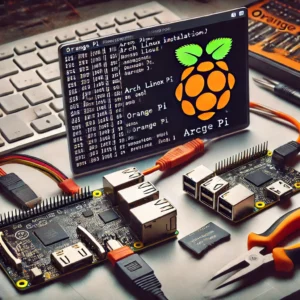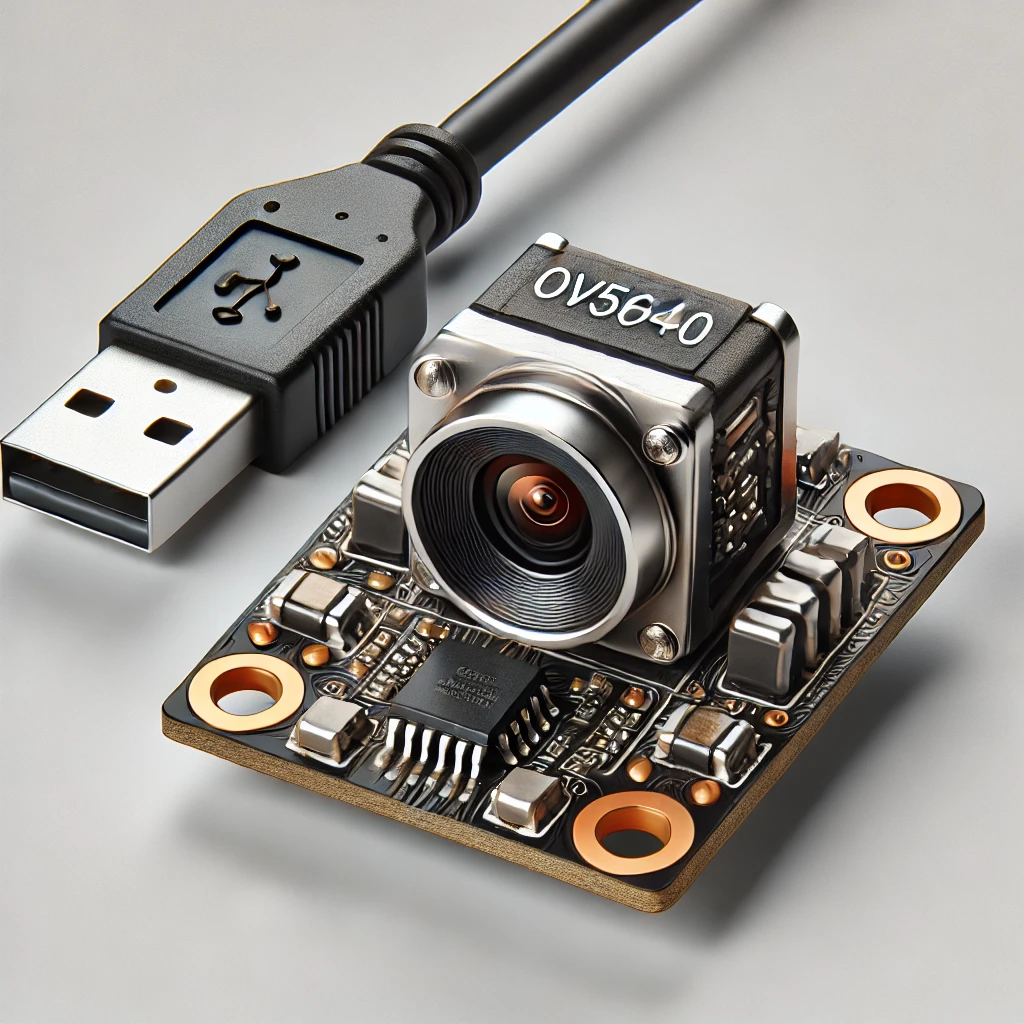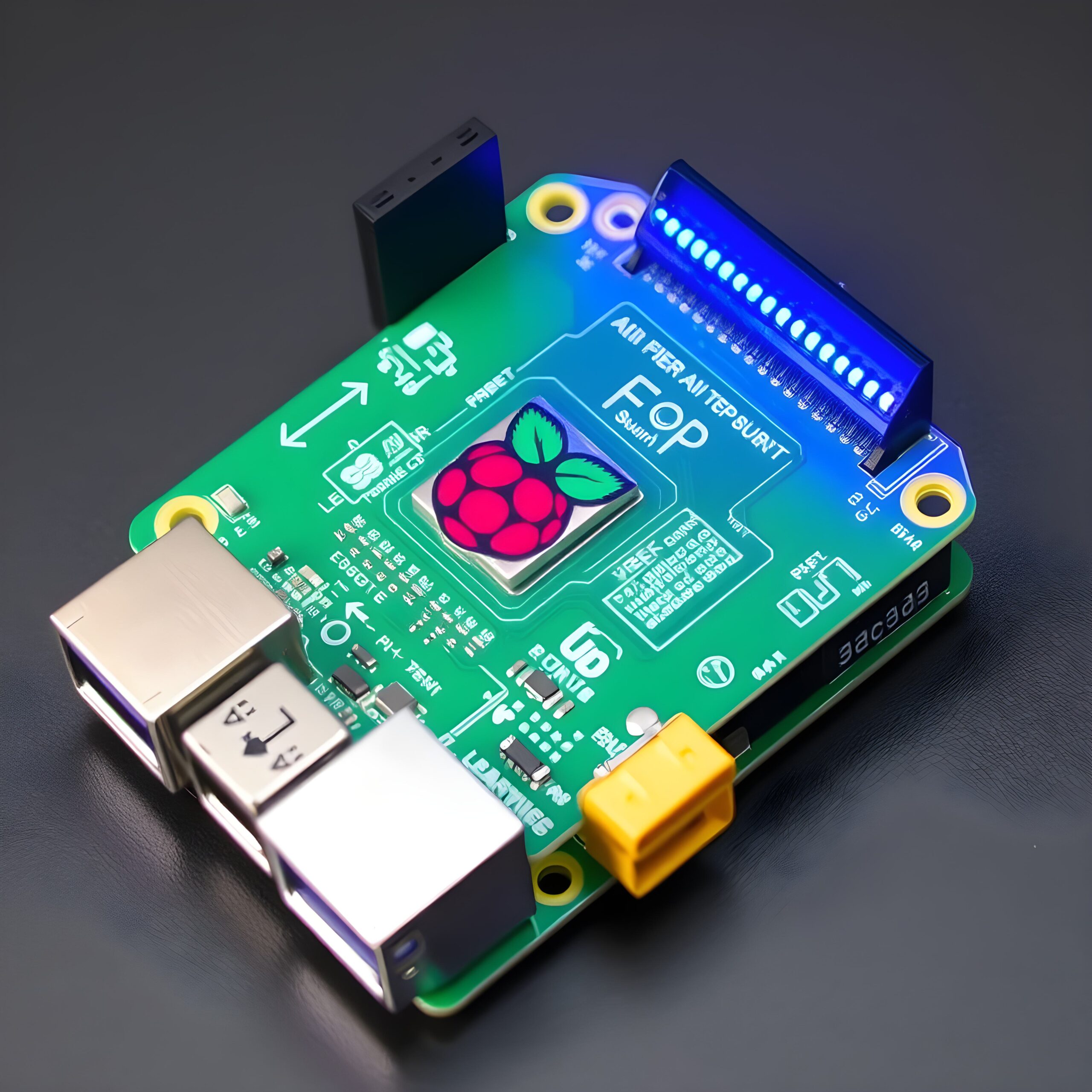Orange Pi OS (Arch) Installation Troubleshooting Guide
Installing Orange Pi OS (Arch) can be a rewarding experience, but it can also present a few challenges. This guide provides solutions for common installation issues, including boot errors, partitioning problems, and missing packages. By following the steps in this troubleshooting guide, you can resolve installation errors and get your Orange Pi running Arch Linux smoothly.
1. Boot Errors After Installation
One common problem users face is boot failure after installing Orange Pi OS (Arch). This issue often arises due to improper bootloader configuration or missing boot files.
Solution:
- Ensure that the bootloader (like U-Boot) is correctly installed on the SD card or eMMC storage.
- Check if the correct boot partition is set as active. Use
fdiskorpartedto verify. - If boot files are missing, reformat the boot partition and reinstall the necessary files by mounting it on another system.
2. Partitioning Issues
Partitioning problems can prevent a successful installation, especially when setting up the correct file system format for Arch Linux.
Solution:
- Ensure that your root partition is formatted as ext4, which is the recommended file system for Arch Linux.
- Double-check your partitions using
lsblkorfdiskbefore installation to make sure there’s no overlap. - If you encounter errors like “No space left on device,” ensure that there’s enough space allocated for both the root and boot partitions.
3. Network Connectivity Issues
During the installation process, network issues may prevent package downloads, which are critical for installing the OS.
Solution:
- Verify that your network cable is properly connected, or check your wireless connection setup.
- Use
pingto confirm the network connection before proceeding. If there’s no response, reconfigure your network settings by editing/etc/netctl/wirelessor/etc/systemd/network. - If the network interface is not detected, make sure the necessary drivers are installed or load the driver manually using
modprobe.
4. Missing Packages or Repository Errors
Arch Linux relies on online repositories for package installation. Sometimes, errors like “failed to retrieve package” occur, usually due to misconfigured mirrors.
Solution:
- Update the package mirror list using
reflectorto find the fastest available mirrors. - If repositories are outdated, manually update your
/etc/pacman.d/mirrorlistfile to ensure you’re using active mirrors. - Run
pacman -Syuto sync the package database before installing.
5. Kernel Panics and System Freezes
A kernel panic is a serious issue, typically caused by incompatible hardware or missing kernel modules.
Solution:
- Ensure that the kernel is correctly installed and up to date.
- Check for any missing kernel modules, particularly for your Orange Pi hardware. You can manually load necessary modules using
modprobeand add them to/etc/modules-load.d/. - Review logs with
dmesgorjournalctlto find error messages related to the crash, which can help identify the source of the issue.
Successfully installing Orange Pi OS (Arch) may come with a few challenges, but most errors can be resolved by following the troubleshooting steps above. Whether it’s boot errors, partitioning problems, or network issues, this guide has you covered. With persistence and careful attention to detail, you’ll have Arch Linux running smoothly on your Orange Pi.
Visit our other website: machinepwr.com






